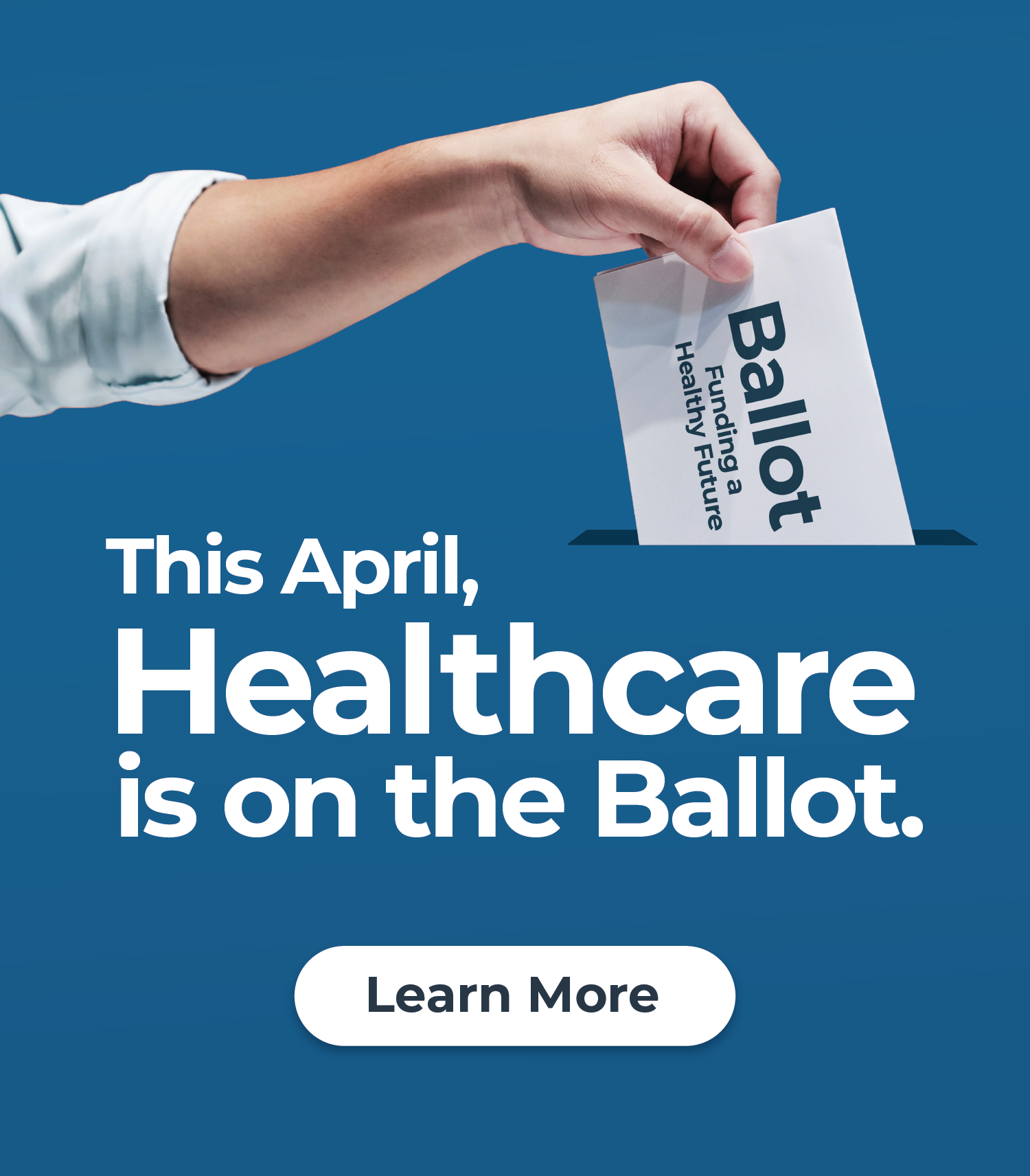Q&A with Island Health Urologist Brock Boehm, DO

Urologist Brock Boehm, DO, is one of the newest specialty physicians at Island Health. He is dedicated to building lasting relationships with his patients and is passionate about preventive health and well-being. Recently, we had the opportunity to sit down with Dr. Boehm to discuss urology and his practice, during which he dispelled several common myths about the field.
What can patients expect when they come for a visit with you?
Patients visiting Island Urology can expect a comprehensive evaluation and treatment algorithm for their urologic conditions. I understand that many of the issues that bring patients into our clinic are not only very personal issues but also very sensitive issues that they may not feel comfortable talking to a new provider about. I strive to create a comfortable and open environment, so patients feel at ease sharing intimate details with me. This information can significantly impact our treatment approach and its overall success.
What are the most common issues you treat?
The most common issues I treat as a urologist include kidney stones, enlarged prostates, urinary retention, urinary incontinence, overactive bladder, erectile dysfunction and male infertility. I also care for patients with urologic malignancies that include prostate cancer, bladder cancer, kidney cancer and testicular cancer.
What is the best advice you can give men about their health?
The best advice I can give any man about their health is to embrace preventive medicine. It’s no secret that most men do not enjoy their annual checkups or routine cancer screenings. That being said, a little bit of anxiety or discomfort upfront can often lead to excellent outcomes in the long run. Some of those routine cancer screenings may include things such as colonoscopies or prostate cancer screening.
What are some common myths and facts about prostate health?
There are a few common myths that we hear in urology:
- MYTH #1: “If I have an enlarged prostate, I’ll have issues with urination.”
Some men have very large prostates and have no issues with urination at all. In contrast, other men with average-size prostates may suffer from lower urinary tract symptoms that significantly affect their overall quality of life. - MYTH #2: “Enlarged prostate predisposes individuals to the development of prostate cancer.”
Enlarged prostates, also referred to as benign prostatic hyperplasia, are a benign condition in and of itself and do not predispose a person to the development of prostate cancer. - MYTH #3: “If I had prostate cancer, I would have symptoms, and I would be aware of it.”
Most men at the time of prostate cancer diagnosis have no symptoms at all. Prostate cancer is the leading cancer diagnosis and the second leading cause of cancer death in all men worldwide. A positive family history of prostate cancer increases one’s relative risk of developing prostate cancer by two to threefold.
What are some dietary recommendations to prevent kidney stones?
The standard dietary recommendation to prevent kidney stones is to ensure adequate hydration. Ideally, one’s urine should be as transparent as water within two hours of rising out of bed and remain clear for one to two hours before laying down for bed. Other recommendations include consuming the daily recommended calcium and vitamin D intake, limiting overall salt intake, and limiting your intake of oxalate-rich foods. Common oxalate-rich foods include green leafy vegetables, specifically spinach, kale, arugula, nuts and chocolate. It’s also essential to increase the amount of citrate in your diet by increasing your intake of fruits and vegetables and consider adding lemon juice to your water. The last dietary recommendation is to limit your overall intake of nondairy animal protein to the amount of meat that comfortably fits within your palm.
When should a person seek help from a urologist?
A patient should seek help from a urologist anytime they have a family history of kidney stones or are having difficulty with urination. Whether or not that be a weak stream, feeling like you’re not emptying your bladder well, waking up multiple times in the middle of the night, or being otherwise incontinent of urine. Although not indicative of a serious condition, these things can significantly impact the quality of life. Other common issues would be if they’re suffering from poor erectile function or having problems with male infertility, both of which are important reasons to consult with a urologist for evaluation.
Dr. Boehm is currently accepting new patients. To learn more about Dr. Boehm, visit islandhealth.org/urology. If you would like to schedule an appointment with him, call Island Urology at 360.299.4980.
Published on October 28, 2024

